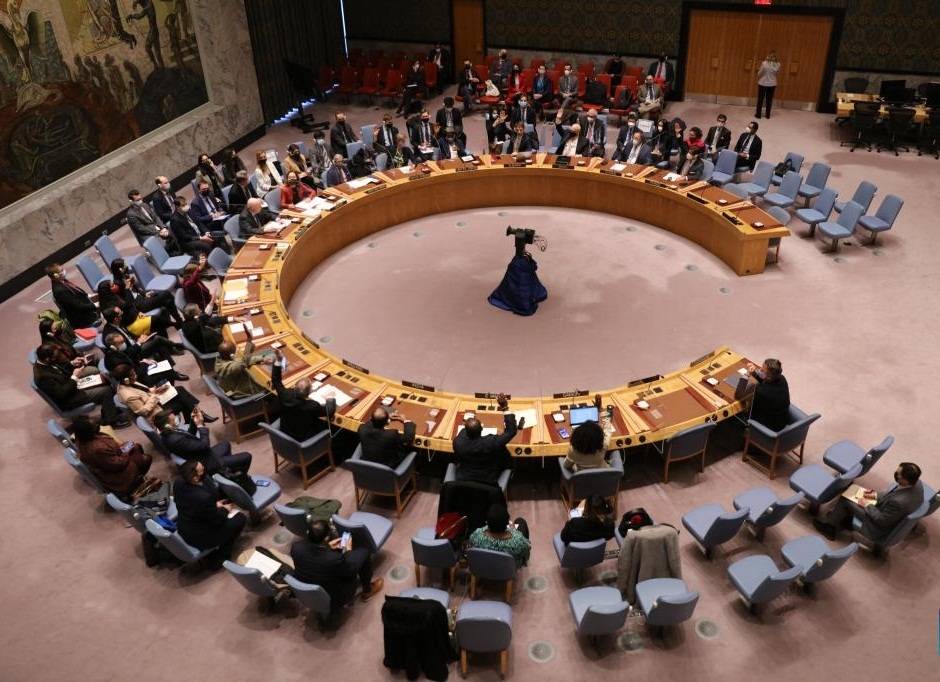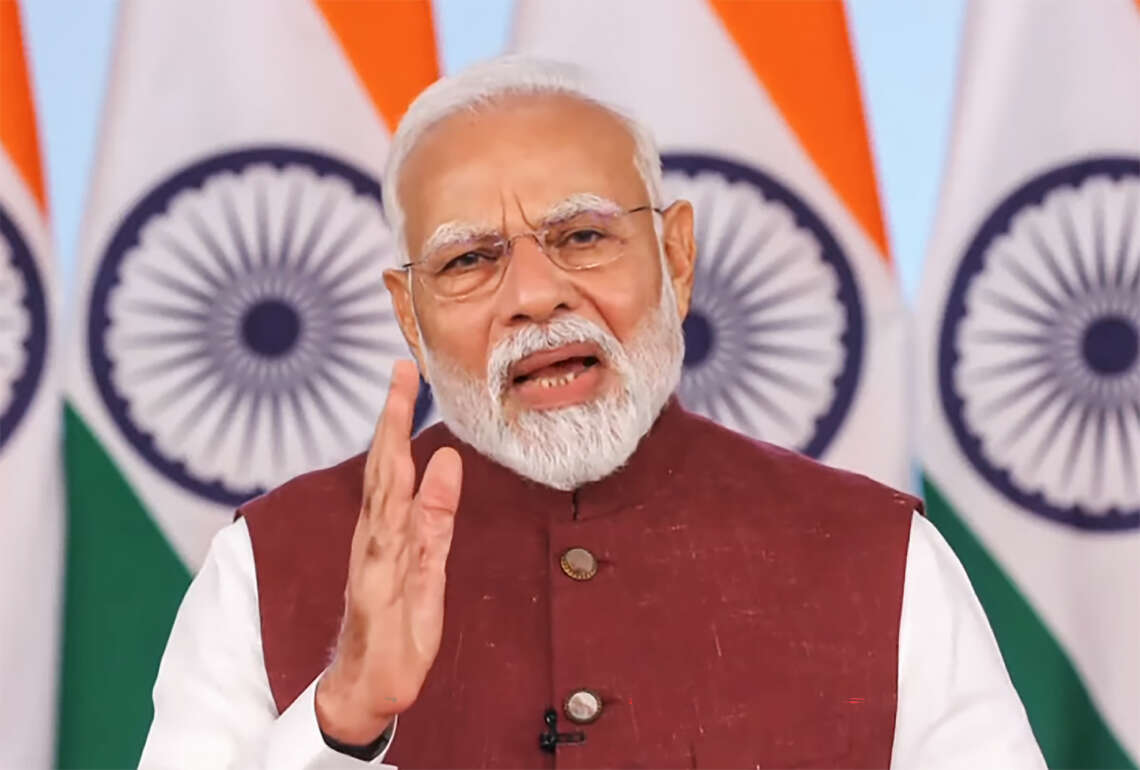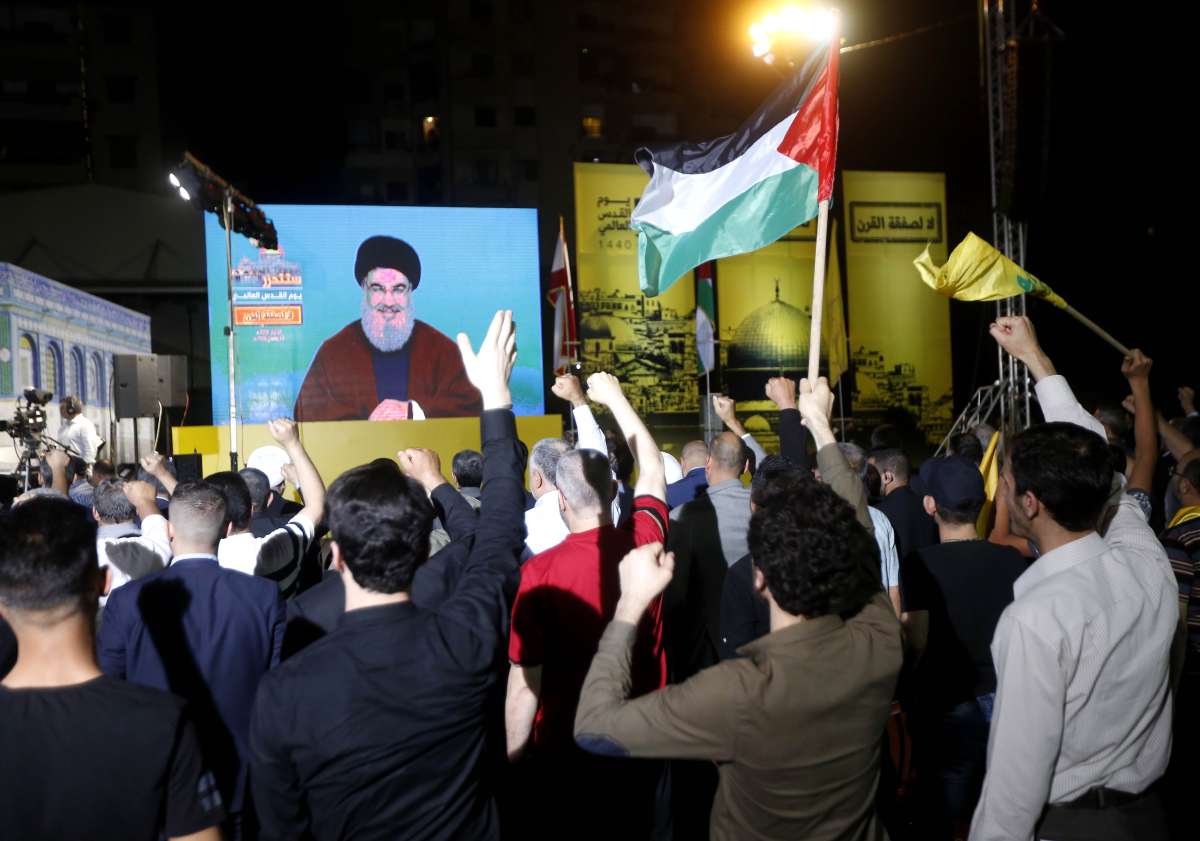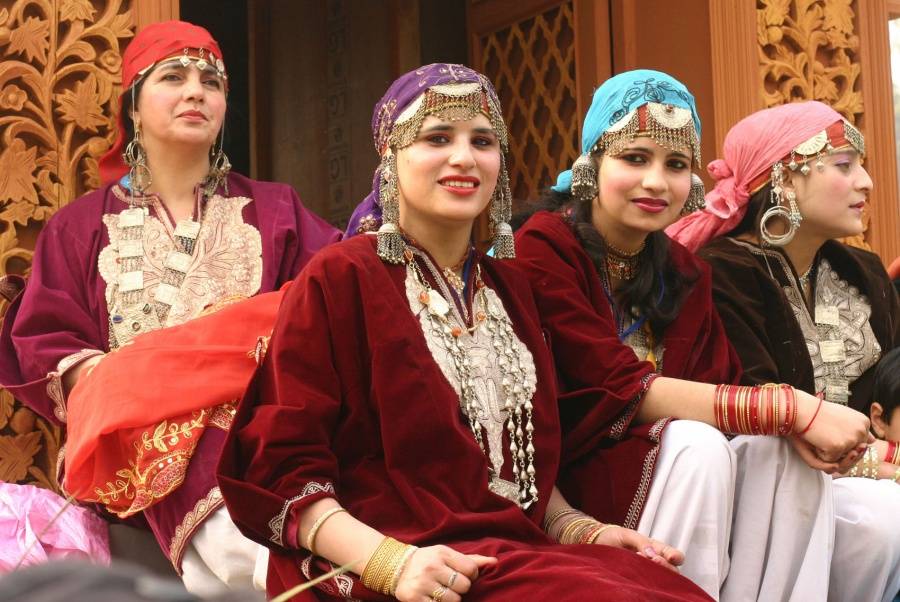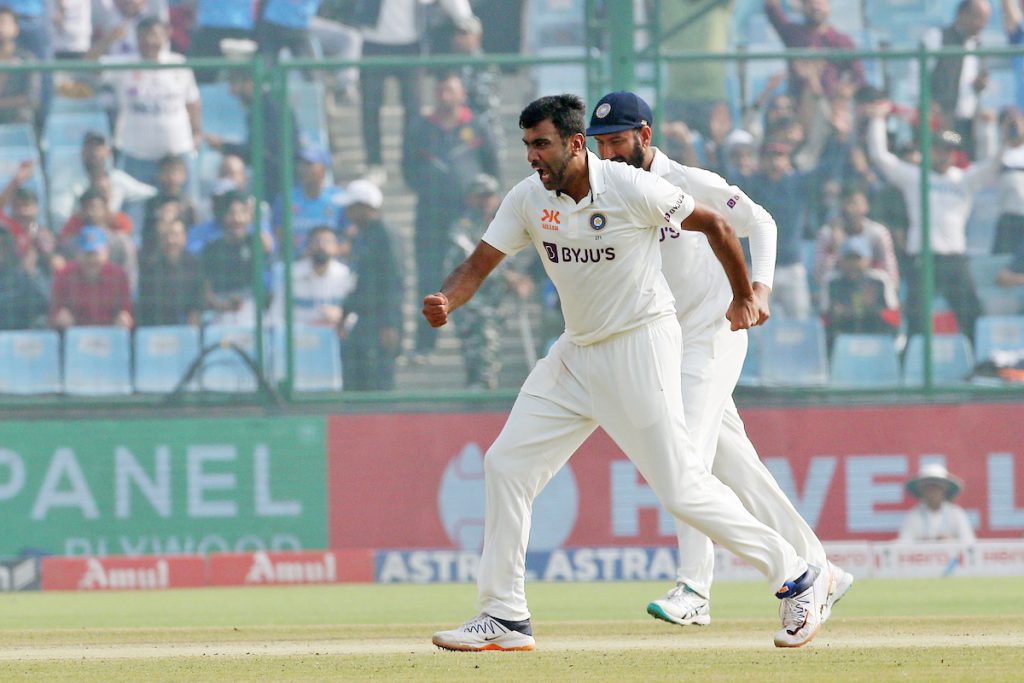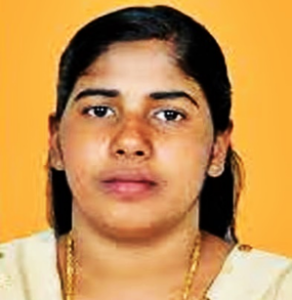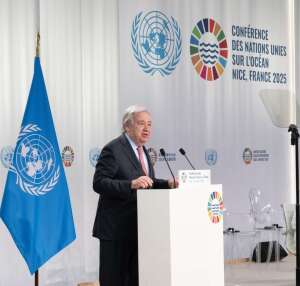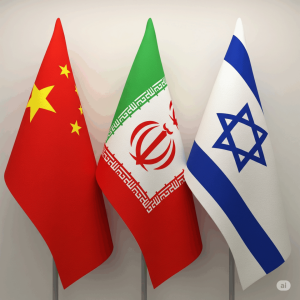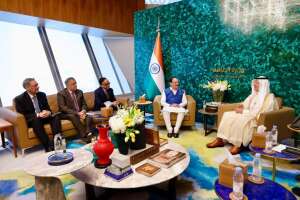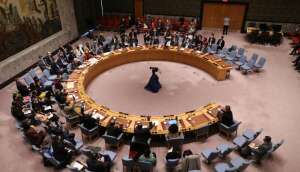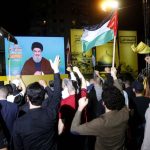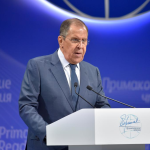India, which headed the Counter-Terrorism Committee (CTC) during its tenure on the Council in the past two years, brought a renewed focus to the scourge of terrorism….reports Arul Louis
Mozambique will convene a high-level debate at the UN Security Council chaired by President Filipe Nyusi on countering terrorism,”a matter of great concern for the world”, according to Permanent Representative Pedro Comissario Afonso, who took over the Council’s presidency.
“Terrorism is a matter of great concern in the world today, so we need to pool our efforts to combat possibly defeat and eradicate terrorism,” Afonso said briefing reporters on Wednesday on the Council’s agenda for the month.
“This will be an opportunity to leverage actions by the Security Council to explore further opportunities for engagements under Chapter VIII of the United Nations (Charter) in support of the counterterrorism initiatives,” he added.
The chapter provides for regional arrangements in cooperation with the UN to deal with security threats.
The meeting is scheduled for March 28.
India, which headed the Counter-Terrorism Committee (CTC) during its tenure on the Council in the past two years, brought a renewed focus to the scourge of terrorism.
During its presidency in December, India convened a ministerial-level meeting of the Council chaired by External Affairs Minister S. Jaishankar on fighting terrorism.
India brought members of the CTC to the site of the 2008 terror strikes in Mumbai that killed more than 170 people to dramatise the threat.
The terror threat “is always there, and many people and many countries have the experience of how terrorists can strike at any time there,” Afonso said.
“Terrorism is terrorism,” he added, dismissing excuses some countries make.
While acknowledging the inability of the Council to deal with Russia’s invasion of Ukraine, he said that it “does not affect the credibility of the United Nations in general”.
He cited the decolonisation efforts of the UN that brought freedom to countries like his as examples of its efficacy.
But he also emphasised reform of the Council, saying that “Africa is a victim of a historical injustice” when the UN was set up after World War II denying the continent permanent seats.
Most of the peacekeeping operations that are mandated by the Council take place in Africa.
Afonso said that Africa should get at least two permanent seats and five non-permanent seats “and we have been fighting for that”.
The African nations were actively negotiating for and discussing the reform of the Council, he added.
Despite the resounding calls by world leaders at the September high-level General Assembly session, “the reform of the Security Council is a complex process” and cannot be instantaneously resolved, he said.
“You can’t just say, ‘Oh, yes, I accept one (permanent) seat for Africa’ and the problem will be solved,” Afonso added.
Other continents also have claims and “we needed to take account of all these different, differentiated positions”.
“It is not a very easy problem,” he said.

